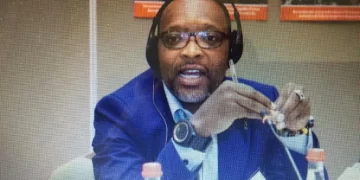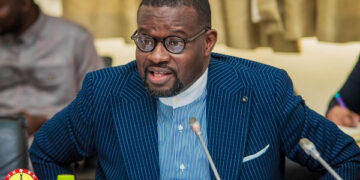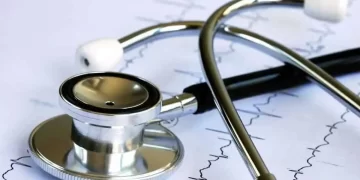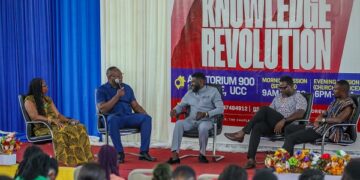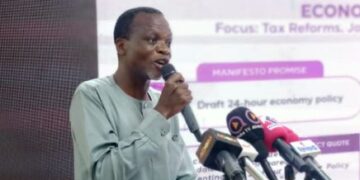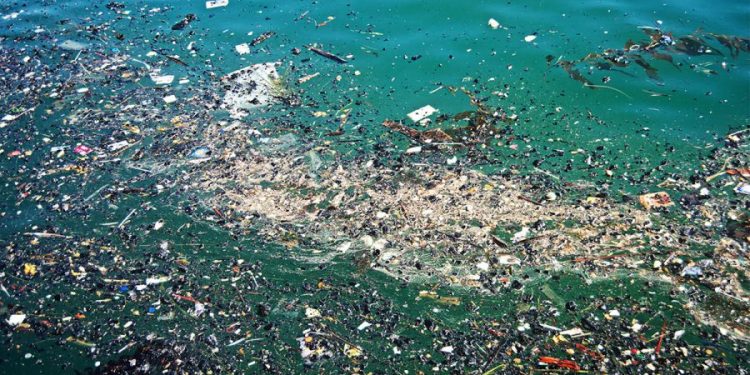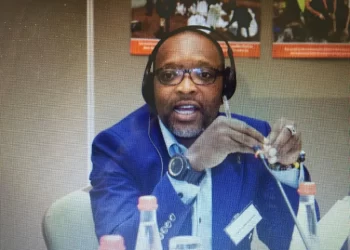Reports indicate that the five oceans—Pacific, Atlantic, Indian, Arctic, and Southern which contribute to 70% of the earth’s total space is gradually decreasing.
About two hundred and seventy million tons of plastics are produced every year. Out of this amount, the final destination of eight million metric tons of plastic gets into the ocean. These worrying situations together with other threats such as climate change are affecting the enormous benefits the ocean possesses.
In this regard, the Africa Centre for Excellence in Coastal Resilience at the University of Cape Coast has held its first webinar series on the topic “Innovations in Higher Education towards Sustainable Oceans -Thinking Globally, Acting Locally”. This was to allow experts on the platform deliberate on innovative ways to harness the potentials of the ocean to the environment.
Prof Kobina Yankson at the Department of Fisheries and Aquatic Science at the University of Cape Coast noting the impact of global climate change on the ocean called for the need to find ways and means of ameliorating these threats.
He said though they keep mentioning them it is their hope that the appropriate authorities will come on board and help reduce these threats to the marine environment in other to continue to sustainably utilize and exploits the resources from the ocean
For him, it is important to begin formulating and policies and enforcing the appropriate laws and also discontinue open access where it exists.
read also: School Of Business – UCC to Enroll Webinar into Regular Students’ Curricula
Prof Kobina Yankson added that development projects close to the sea needs to regulated in other to ensure the effects from such are minimal. “Pollution pits, system where it is absent, we have to introduce them so that people will be discouraged from polluting the ocean”, he recommended.
Head of Department of the Fisheries and Aquatic at the University of Cape Coast, Dr. Noble Asare said the department is looking at innovative teaching approaches and research agenda as part of measures they are putting in place to address some of these challenges
This, he explained includes the introduction of new courses and emerging issues particularly related to the oceans when necessary and the modular approach in teaching and learning where by different aspects of the program can be handled by different people with the required expertise to do so.
He added that measures are underway to developing local content in terms of information to help in the advancement of their research.
On his part, Dr. Jacob Ainoo- Ansah who is also with the department noted the importance of creating an interdisciplinary platform to engage the private sector in addressing the issue.
He said the threats and challenges ought to be looked as opportunities to create a platform for the sciences and the private sector.
Source: Victoria Enyonam Adonu / ATL FM NEWS

